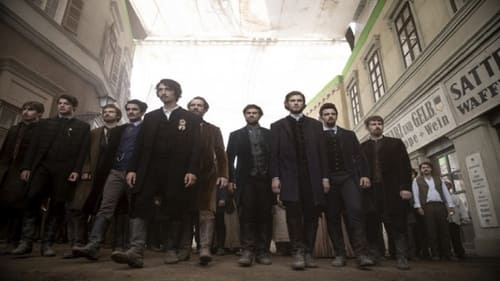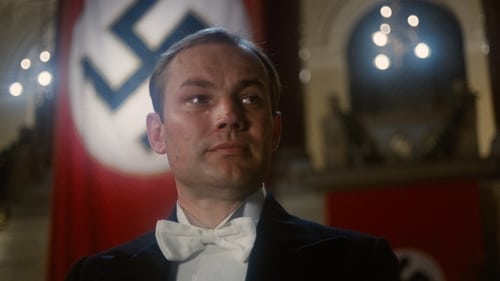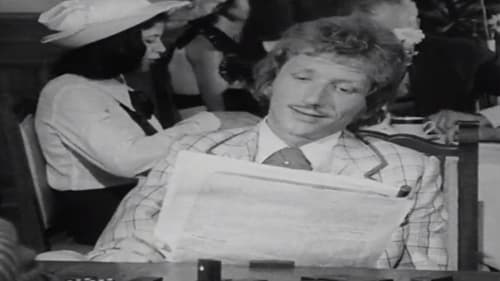
Lederer Ignác tábornok
On March 15, 1848, a young firebrand poet, Sándor Petöfi ignites the Hungarian Revolution with his passionate 'National Song', prompting the Austrians to dispatch a ruthless secret agent to assassinate him and suppress the uprising.

Grüber úr

Nyomozó

Troukhatchevsky
The story of a murder out of jealousy. After his release from prison, the perpetrator tells the story of his marriage and tries to understand the reasons for his actions.

Gontrán Alfréd

Rolf Bonetti, bonviván
Alemanha, 1930. Hendrik Höfgen (Klaus Maria Brandauer), é um ambicioso ator que não se interessa por política, se dedicando somente à sua carreira. Porém, quando os nazistas começam a tomar o poder, ele aproveita a oportunidade para interpretar peças de propaganda nazista para o Reich, e logo acaba se transformando no mais popular ator da Alemanha. Consumido pela fama, Handrik agora precisa sobreviver em um mundo onde a ideologia do mal é seu pior pesadelo e o verdadeiro preço da alma de um homem, se transforma na medida mais desprezível de todas. (e 16 - Estimado 16 Anos)

titkár

The satiric film is a dramatic-ironic picture of the Hungarian intellectuals in the seventies. Ebes, whose art has been awarded for its merits conglomerating folk features with modernity, can hardly believe that from his parents, old friends, and the sons of the people he did not even receive a telegram of congratulation.

Kápolnássy K.

Géza
Hungarian TV movie about King Béla III of Hungary

This poetic film presents the ballad of the boys who turned into stags, by the associative means of music, painting and folk art. At the same time it is a memorial to the martyrs of the 1944 Sátoraljaújhely prison revolt and shows its butchery reflected through the fate of three brothers.

Halas Feri
The heroines of this lyric comedy full of burlesque elements are two girls from a village who get totally engrossed in their day-dreaming. Ida and Rozi escape to the city to catch husbands for themselves.




